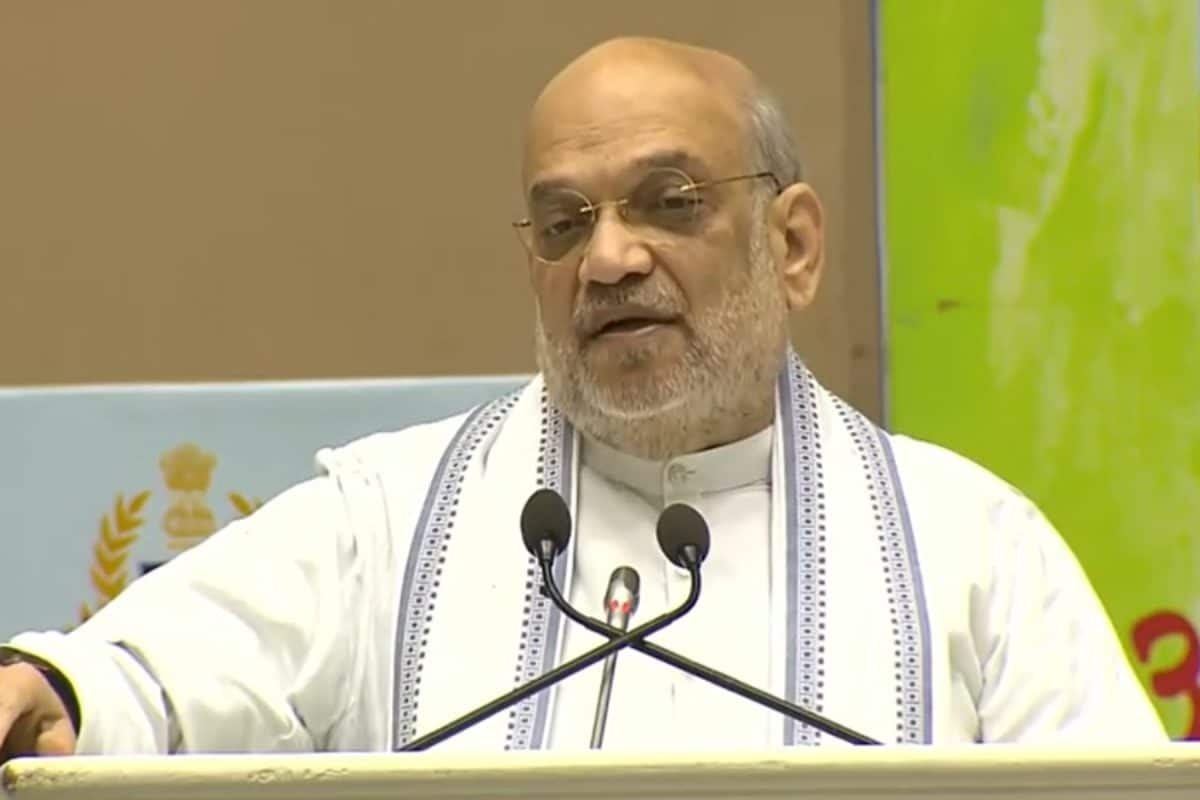

In a recent address in Nanded, Maharashtra, Union Home Minister Amit Shah lauded Prime Minister Narendra Modi's leadership following the successful execution of Operation Sindoor. Shah asserted that the late Shiv Sena founder, Bal Thackeray, would have embraced PM Modi for his decisive action against terrorism. He strongly criticized the Shiv Sena (UBT) for their cynical remarks regarding the all-party delegations sent abroad to present India's stance on terrorism to the world, emphasizing that Balasaheb would have undoubtedly supported the mission.
Operation Sindoor was launched in response to the deadly terror attack in Pahalgam, Jammu and Kashmir, on April 22nd, which claimed the lives of 26 civilians. After waiting for 15 days for Pakistan to take action against the perpetrators, the Indian government, under PM Modi, authorized a robust counter-terrorism operation. The operation, executed with precision by the Indian armed forces, targeted key terrorist installations across Pakistan and Pakistan-Occupied Kashmir (PoK). The strikes notably hit Jaish-e-Mohammad's stronghold in Bahawalpur and Lashkar-e-Taiba's base in Muridke.
According to reports, the initial strike successfully disabled the northern air command-control center at Nur Khan air base in Chaklala, Rawalpindi. Subsequent strikes on Jacobabad and Bholari air bases crippled Pakistan's air defense capabilities within hours. Indian forces also destroyed Pakistan's Chinese-made LY-80 air defense system in Lahore using a HARPY kamikaze drone and took out the HQ-9 system in Karachi with a missile strike.
The operation achieved a historic milestone with the active participation of Indian women fighter pilots. Two women colonels led air defense units in Pathankot and Suratgarh, playing a crucial role in fending off Pakistani missile and drone strikes.
PM Modi emphasized that Operation Sindoor not only dismantled terror infrastructure but also sent a strong message globally: "Whoever makes us bleed will see a similar response. At no cost will they be spared." He noted that India had exercised restraint initially, hoping Pakistan would act. However, when no action was taken, the armed forces were given a free hand.
Foreign Secretary Vikram Misri stated that India's response was "measured, non-escalatory, proportionate, and responsible," aiming to dismantle terror infrastructure and prevent future cross-border attacks. Wing Commander Vyomika Singh confirmed the successful destruction of all nine targeted sites, carefully selected to avoid civilian casualties.
Amit Shah highlighted that Operation Sindoor sent a clear message to Pakistan and the world that India would not tolerate threats to its forces, people, or borders. He recalled previous responses to terror attacks, including surgical strikes after Uri and airstrikes after Pulwama, emphasizing the shift in India's defense policy under the Modi government.
In addition to Operation Sindoor, Shah highlighted the progress of Operation Black Forest in Chhattisgarh, a campaign against Naxals that has seen substantial success. He emphasized Maharashtra's crucial role in achieving a developed India by 2047.
PM Modi has also stated that Operation Sindoor is not just a military mission but a reflection of a changing India, infused with patriotism. He credited India's home-grown defense capabilities for the mission's success, aligning with the "Aatmanirbhar Bharat" initiative.